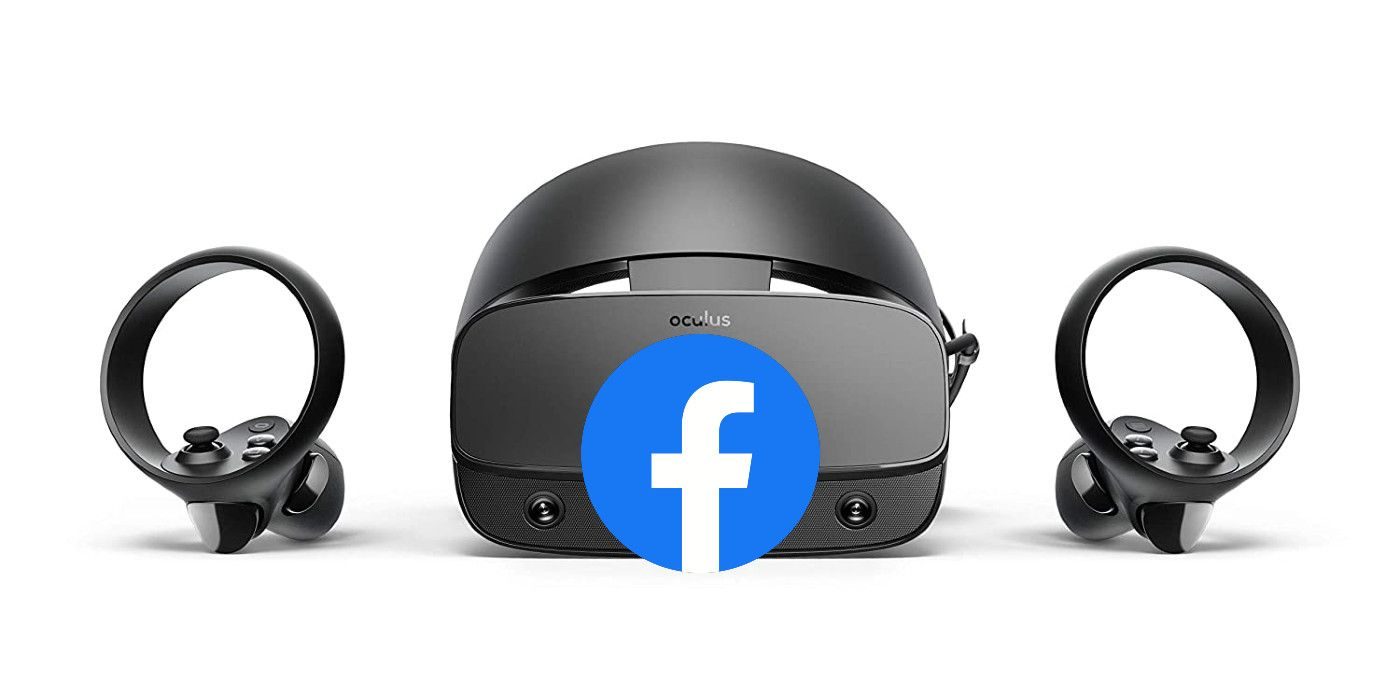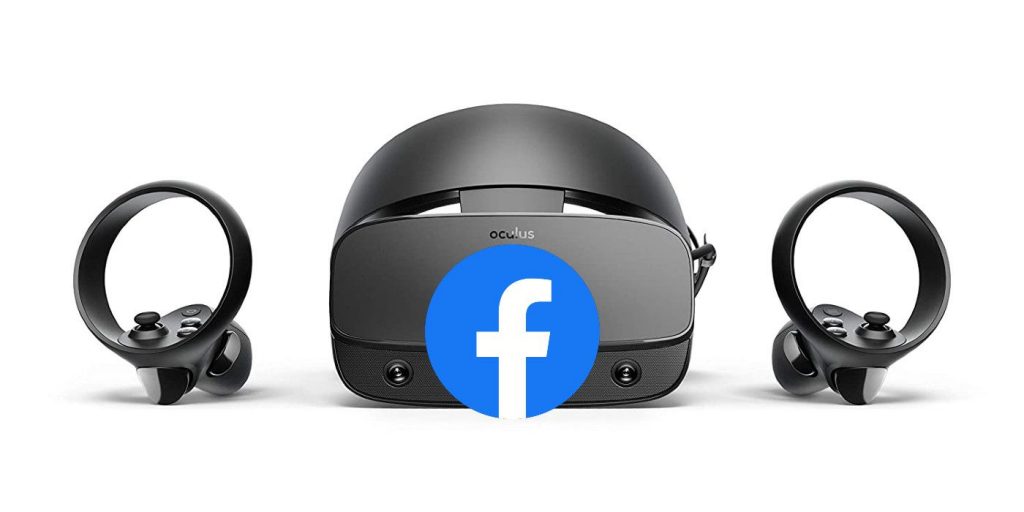
Oculus’ parent company Facebook has announced that it will restructure the virtual reality developer’s teams as a part of a larger reorganization. In a move that will like concern longtime fans of the popular VR headsets, the social media titan will be rebranding and merging Oculus’ AR and VR teams into a new division under the Facebook banner.
This decision comes on the heels of another deeply unpopular announcement, where Oculus announced that it would force users to create a Facebook account to continue using its headsets. Because of Oculus’ previous promise to not require Facebook account logins or registrations for its headsets, the VR company faced widespread criticism.
RELATED: Sony Next-Gen VR Headset in Development According to Job Listing
According to a new Facebook blog post, Oculus‘ VR and AR teams will join the new Facebook Reality Labs, which will also include employees from Portal and Spark AR, Facebook’s other virtual and augmented reality subsidiaries. Andrew Bosworth, the leader of this new division, also announced the rebranding of Oculus’ annual Connect event in time for this year’s conference on September 16.
Stating that the Connect event already regularly featured announcements from Spark AR and Portal, Bosworth claimed that re-naming the conference Facebook Connect would better suit the event’s larger focus. The FRL head also hinted that more news would come out at the newly-named Facebook Connect event.
While explaining the rationale for this rebrand, Bosworth said that the company sought to “visually identify” Oculus as a part of Facebook. The announcement also referenced previous attempts to bring Oculus under the Facebook banner, such as the previous re-branding of Oculus Research into the original iteration of Facebook Reality Labs. According to the update, this research team is now called FRL Research and will continue working on its current projects. Bosworth also teased projects like AR glasses for the future.
Despite promises to protect user privacy, social media users were largely either indifferent or critical of Facebook’s latest announcement. While Facebook’s checkered history and many data privacy controversies likely contributed to the current mistrust, Oculus’ broken promise has already damaged public faith. While many Twitter users have already shifted their focus to alternatives like the HTC Vive, others are still warning potential Oculus customers that Facebook will have access to data on a player’s movements. Although the backlash is still fresh, it will be interesting to see whether or not Facebook and Oculus’ decisions will impact future sales, since the companies allegedly have a new Oculus headset in development.
MORE: Phantom: Covert Ops Gets Free Challenge Pack Update
Source: Facebook Reality Labs
